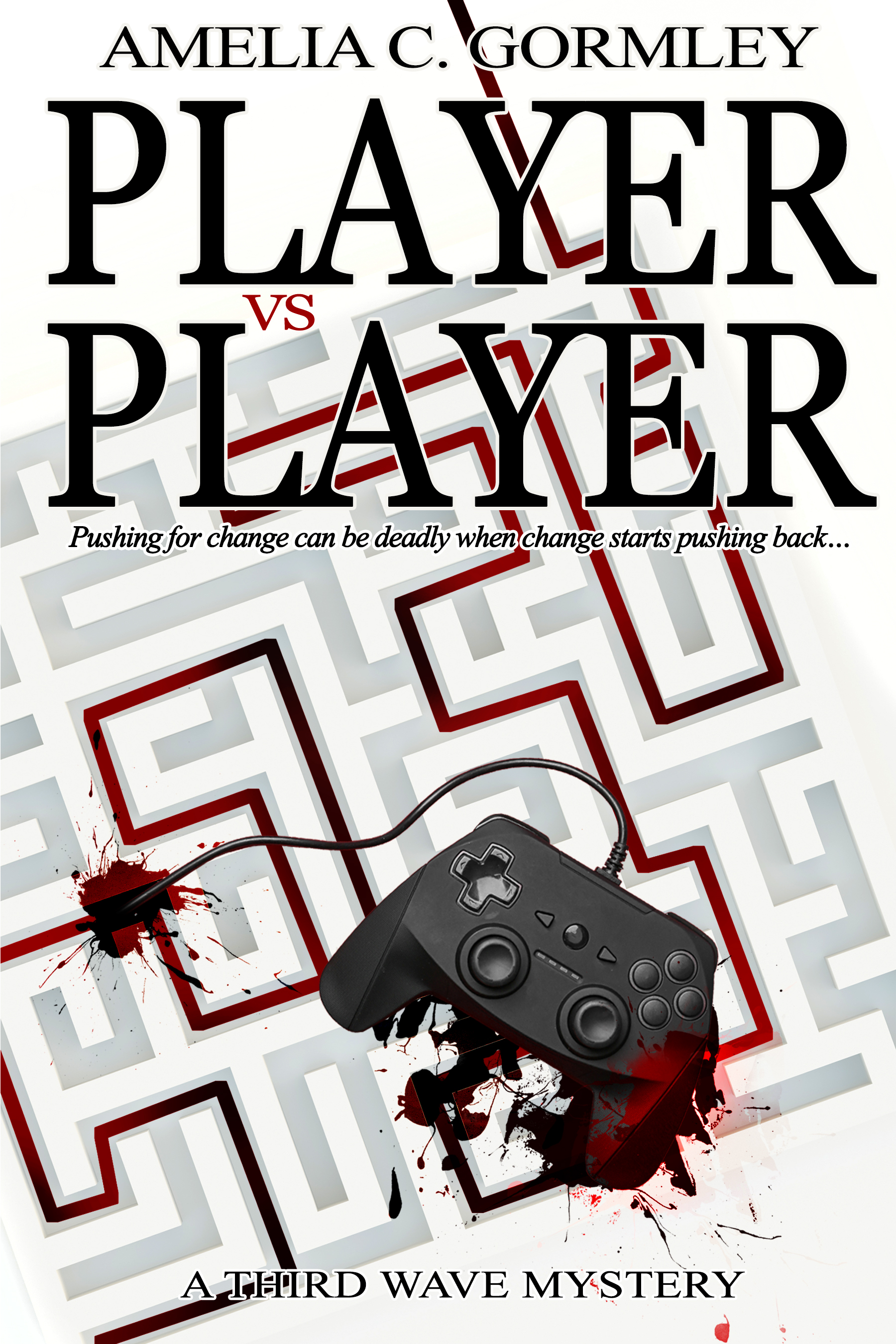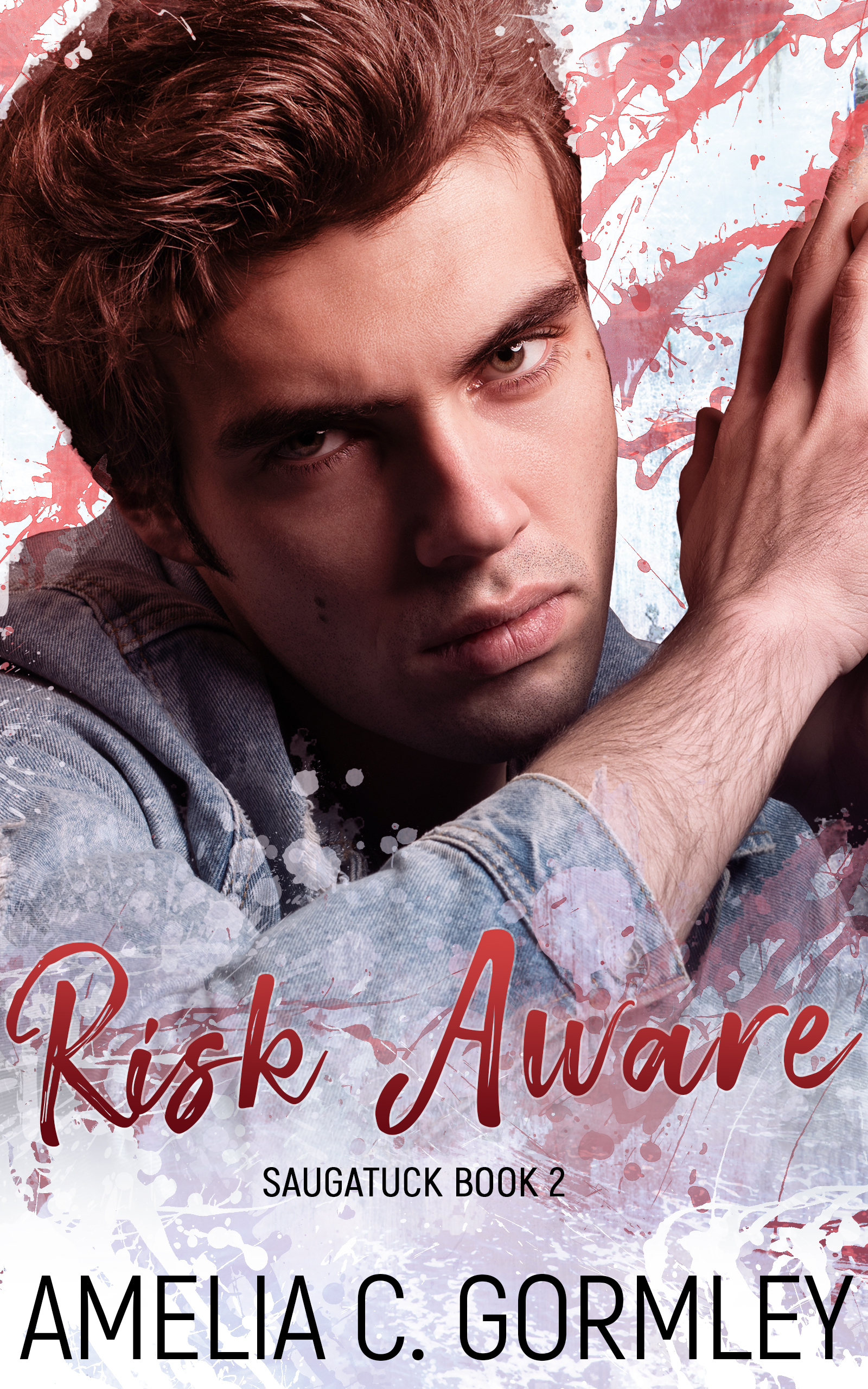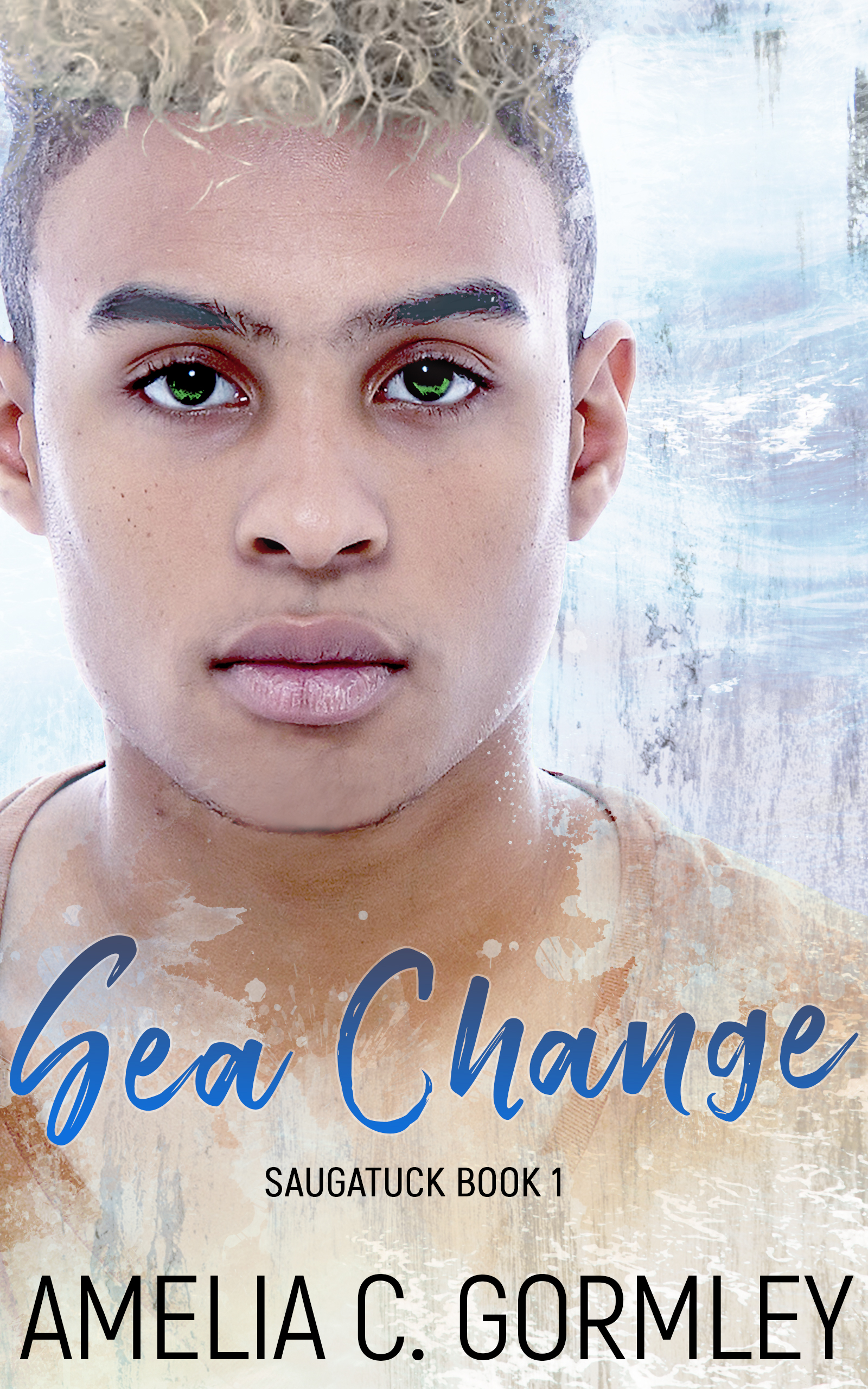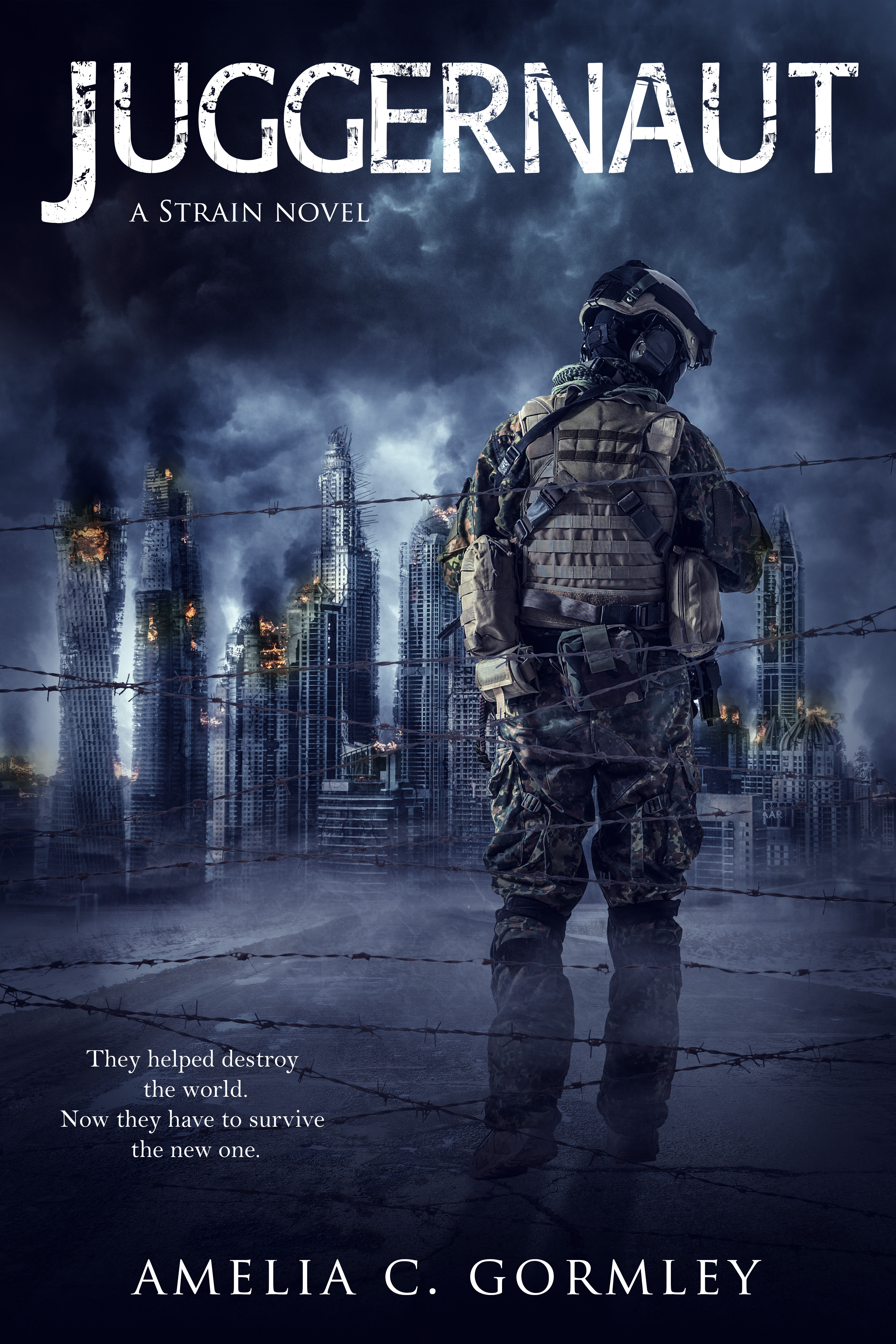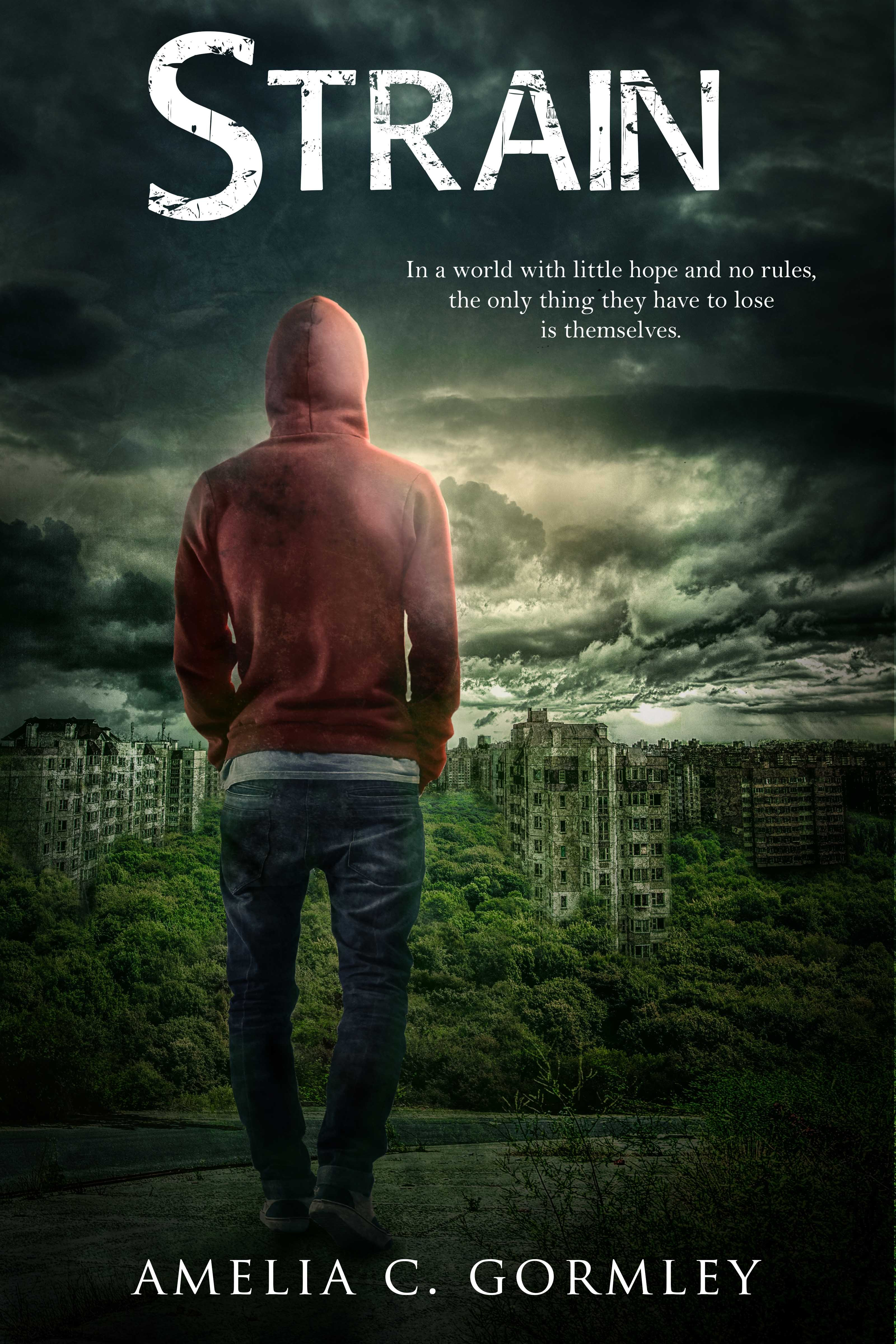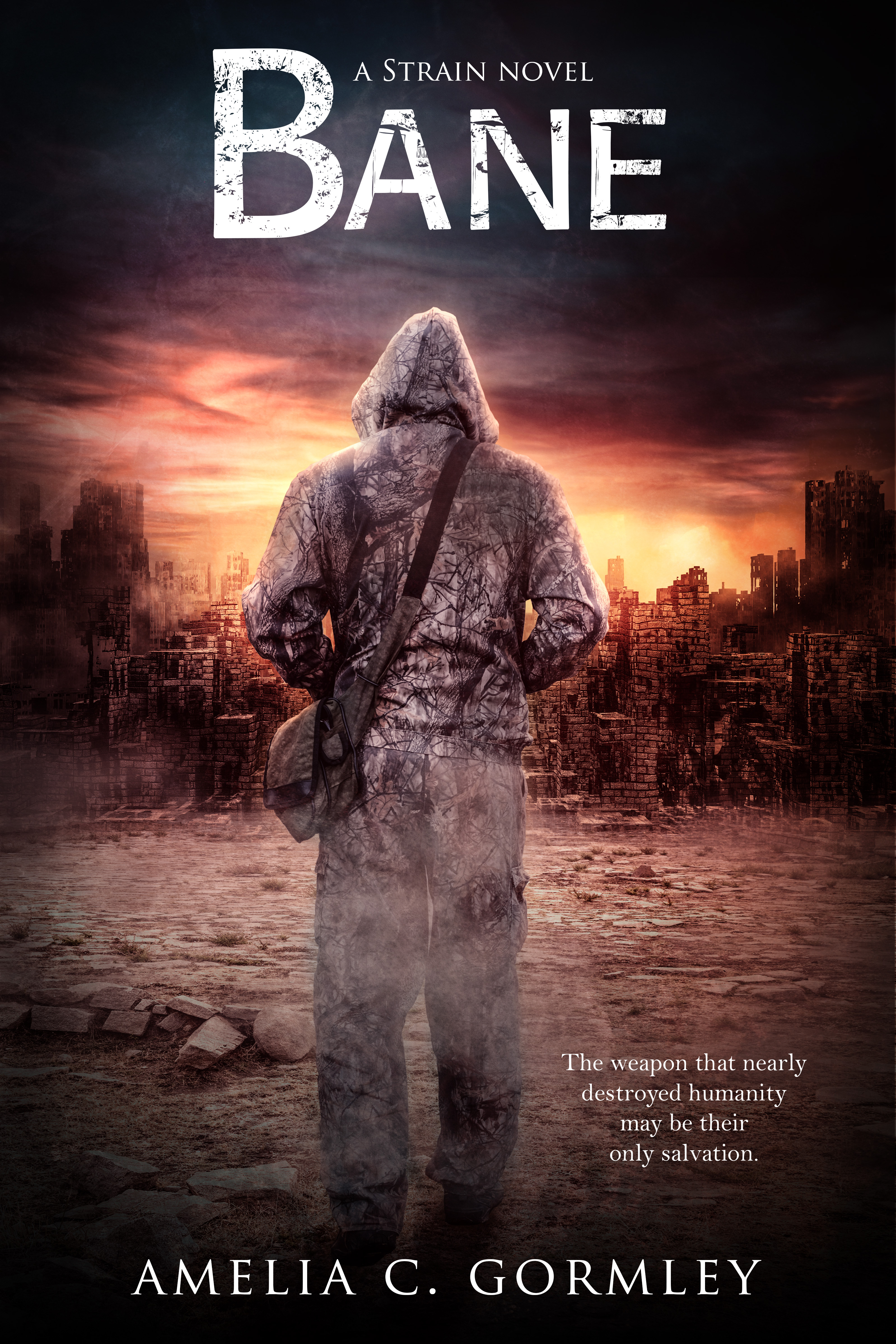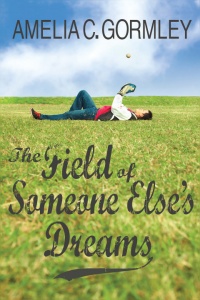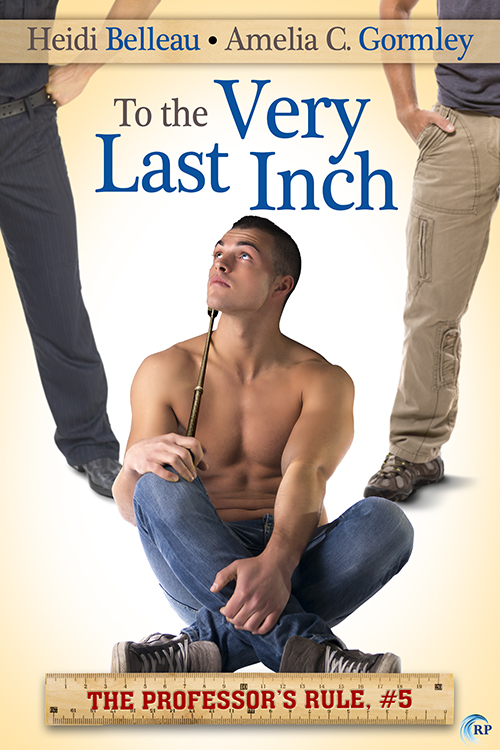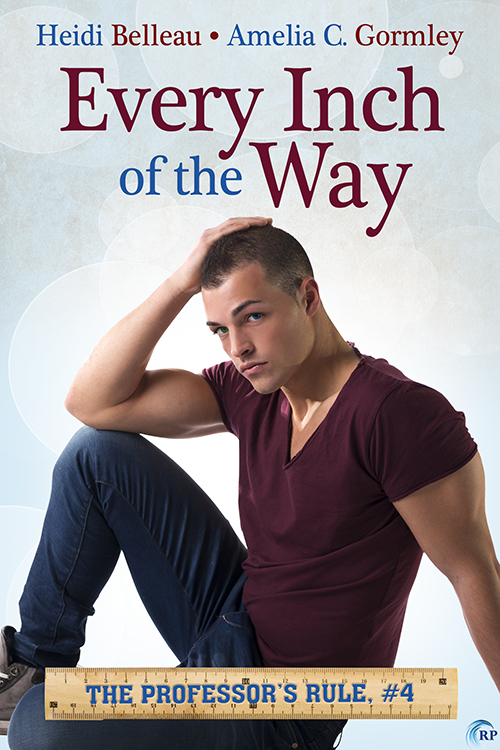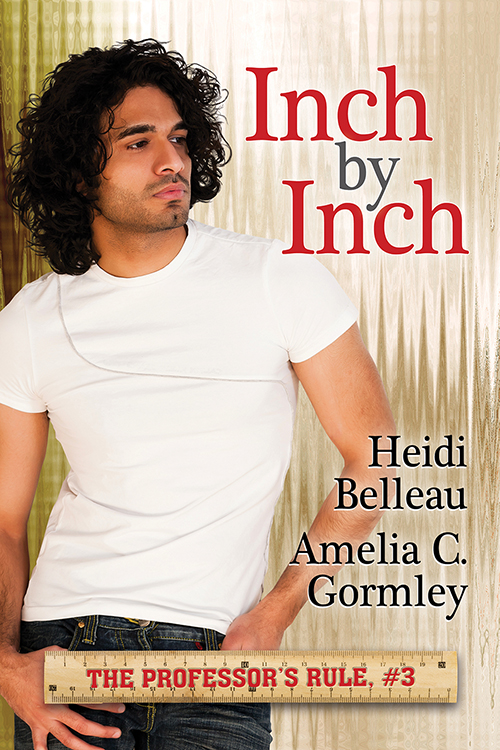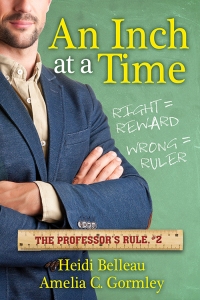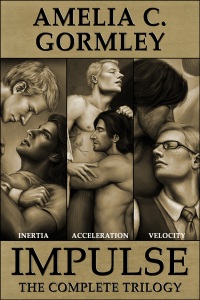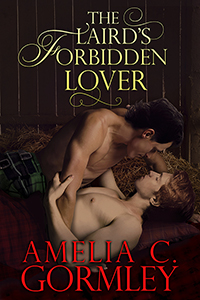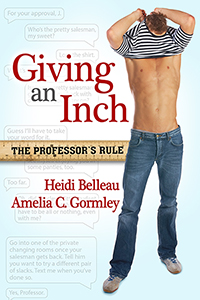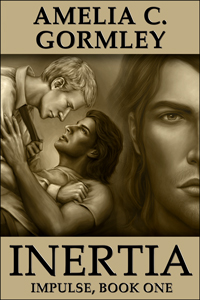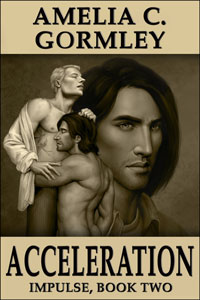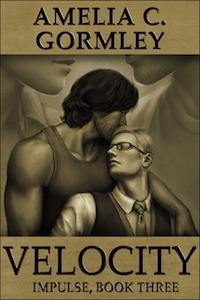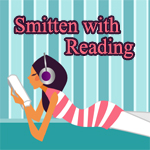There’s a disturbing trend in fiction today, particularly genre fiction published by smaller, niche presses.
Is it the prevalence of objectionable content? The normalization of the unacceptable? The crossing of taboo lines?
No. That has pretty much been happening since the dawn of literature. I guarantee you, the first time a cavewoman took a piece of char from the firepit and etched a story on a stone wall, another cavewoman clutched her animal-tooth necklace, gasped in dismay, and grunted something that would have vaguely translated to, “you can’t write that!”
No, this disturbing trend is far more insidious. It’s the infantilization of the reader.
The riff goes something like this: “Oooh, that content is objectionable! It might upset someone! We better warn people away! Quick, tag it! Oh, how dare that author not include warnings! What a terrible, insensitive person! I bet they wrote it because <insert ignorant and uninformed assumption of authorial motive>.”
Sometimes the content truly is objectionable. Like rape, extreme violence, sexual content including underaged characters, etc. And sometimes the content that gets the Content Police up in arms is as absurdly benign as lacking a nice, pat happily-ever-after ending.
Of course, the people usually howling to the moon about this usually aren’t the fragile flowers who would be disturbed by the content themselves. No, they’re a self-appointed, and moveover, self-important posse of content police dedicated to making reading safe for all.
Newsflash, sweethearts. Reading ain’t safe. It never has been, it was never meant to be, and that cavewoman with the char on her fingers knew it. It’s supposed to shake you up, to make you think, to push boundaries. In other words, to open up the world for the proliferation of IDEAS.
The problem here is that the content police have huge-ass savior complexes. They need to feel important, need to feel needed, need to feel they’re making a difference, and in order to do that, yes, they villify authors whom they feel transgress, but that is the least of the problems with this new system.
Where they truly, truly fuck up is in their utter, unmitigated condescension toward their fellow READERS. You know, the readers, the delicate, fragile, easily-bruised flowers who might be alarmed by encountering something that has been nebulously dubbed “objectionable” for reasons which are largely arbitrary and prone to change with the social and political climate.
As an author, I shrug these people off. They’re an annoyance. Misguided, yes, but nowhere near important enough to get steamed over or significant enough to engage with, thus making them in their own minds the long-suffering victims and martyrs they style themselves as.
But as a person who is also a reader? They infuriate me. It’s belittling and degrading to me, as a reader. How dare they assume that I, or any other person intelligent, educated, and motivated enough to pick up a book and read, need to be protected from anything, for any reason, much less protected by them? How dare they try to paint me a hapless and passive victim of the media I seek out? How dare they assume the authority to know what is objectionable and what isn’t, to designate some literature safe and other literature as something people need to be warned away from?
Talk about ego! I mean, woah! The sheer chutzpah is absolutely breathtaking. I mean, really, take a moment in the privacy of your own mind to imagine what sort of unbelievable vanity it takes for a person to assume they have the right, the moral authority, and the cultural license to do that.
No, apparently, not only are authors getting flack for not warning about content in their own books, they’re getting raked over the coals by the Content Police for recommending books that have what the Content Police consider to be objectionable content. So now the Content Police aren’t just going after ideas, they’re going after those who read, enjoy, and share those ideas with others.
Ridiculous.
Here’s where I stand on warnings (on and within books themselves, in other words, content labels): Unless and until I sign on with a press that includes content warnings in their books-which I almost certainly will never do-you will never see content warnings in my books. I may put them on a website listing or in a post, for those who actually care about such issues enough to do some research before they buy, but not in the book itself. Why?
Because “content warnings?” (again, within and on books themselves; aka labels). Are the mark of amateur publishers. Whenever I see a press that includes them, I automatically lower my expectations of the quality of the content I will find coming out of that press, because I know they are not approaching their craft as a professional publisher would. Content warnings are a standard that was born in fanfic circles that fanfic readers have carried with them and expect to see applied in professional publishing.
I’m not am amateur. I will not apply amateur standards to my books. It’s really that simple.
Did Stephen King’s publishers warn for domestic violence, extreme violence, child abuse, extremely underaged sex, attempted rape and attempted molestation in IT?
No.
Did V.C. Andrews warn for abuse, rape, incest, and underaged sex in Flowers in the Attic?
No.
Anne Rice?
No.
Why should I hold myself to a different standard from any other professional author? Because I’m not as well known? Because I don’t have their sales figures? Fuck that. I’m a professional author and I will handle my books as a professional author would.
But those are publications from a different time and political climate! you wail, wringing your hands anxiously at the notion that maybe readers don’t need to be warned away from iffy material. Need something less old-school?
Jacqueline Carey infused her Kushiel books with not only consensual BDSM, but also non-consensual situations that were extremely disturbing. Were there content warnings on those books? No.
Laurell K. Hamilton. Content warnings? No.
Do I need to go on? Because I could. I could list hundreds of authors present and past who write “objectionable” content and don’t warn about it in the book or on the Amazon product page or anywhere else.
The Big 5 publishers don’t warn for content, and if we, the self-publishers and smaller niche presses, want to be regarded as being just as professional, and producing content which is just as high-quality, we need to not start off from the get-go handling our product as if we were amateurs.
But more importantly? I would never, ever dare insult my readers by assuming they are fragile or incompetent enough to need to be protected from words and ideas. I may have the ego to consider myself professional enough to play in the big leagues, but I don’t have the ego to do that.
And those who do need to get over themselves.
(P.S. Unless you’re quoting me from an interview or have spoken to me personally, anything you say which starts off as “the author clearly wanted <whatever>” is almost certain to be wrong. You want to know my motives for writing what I write? Ask me.)

